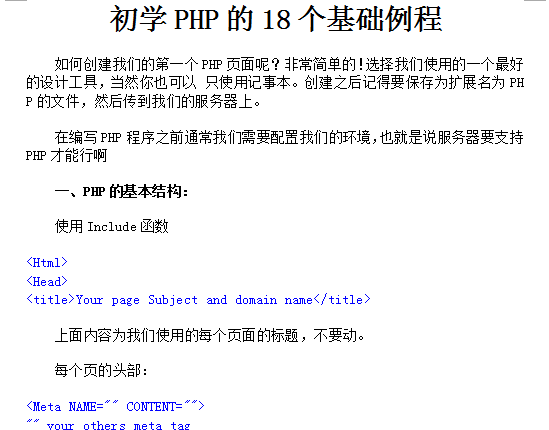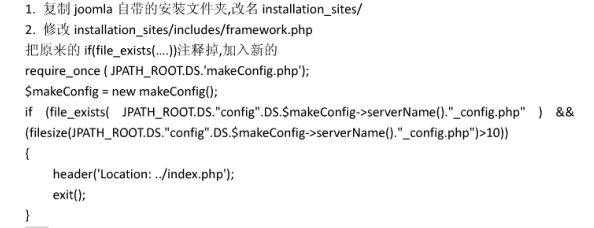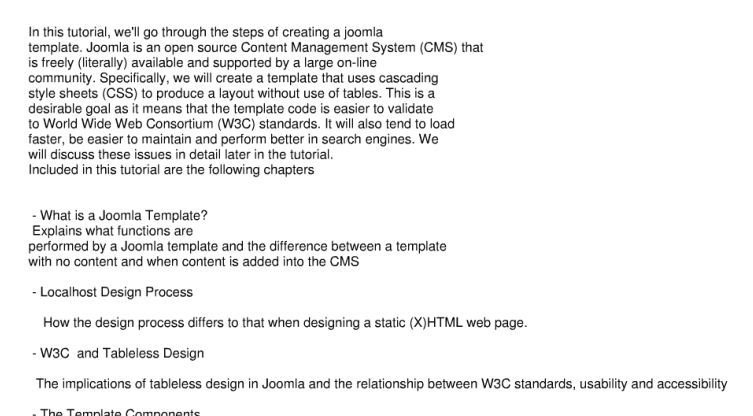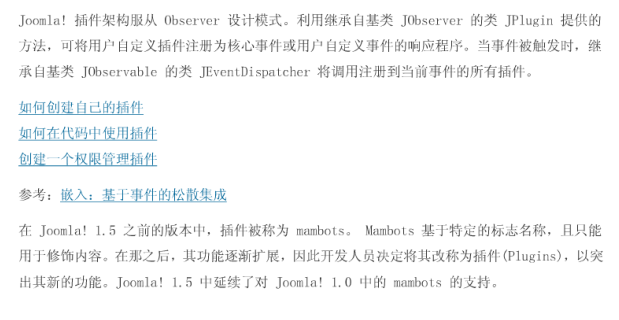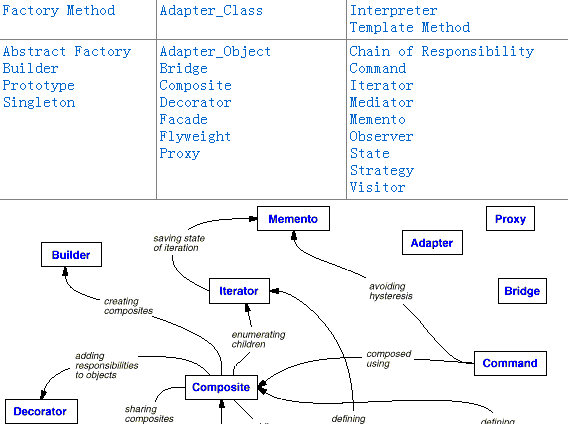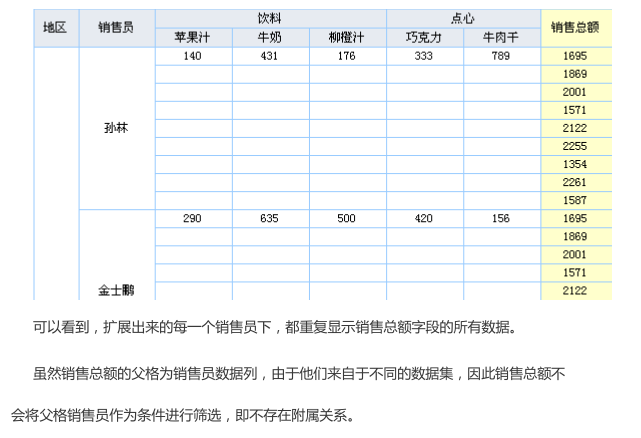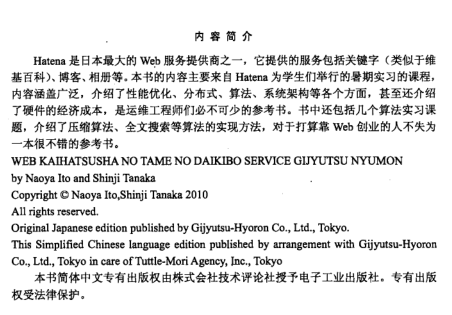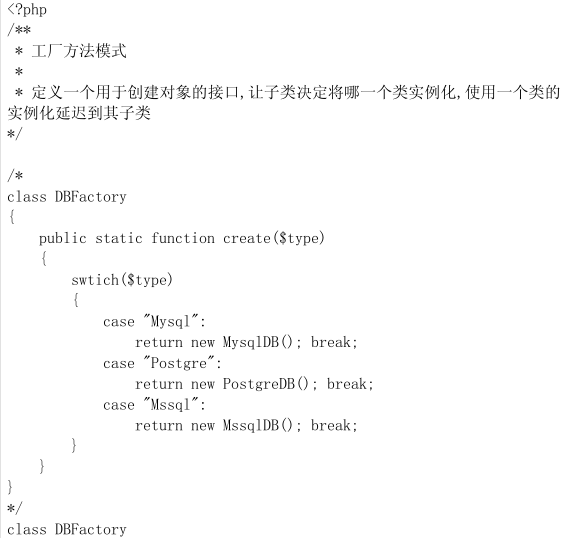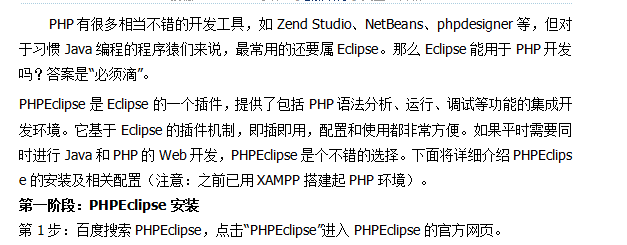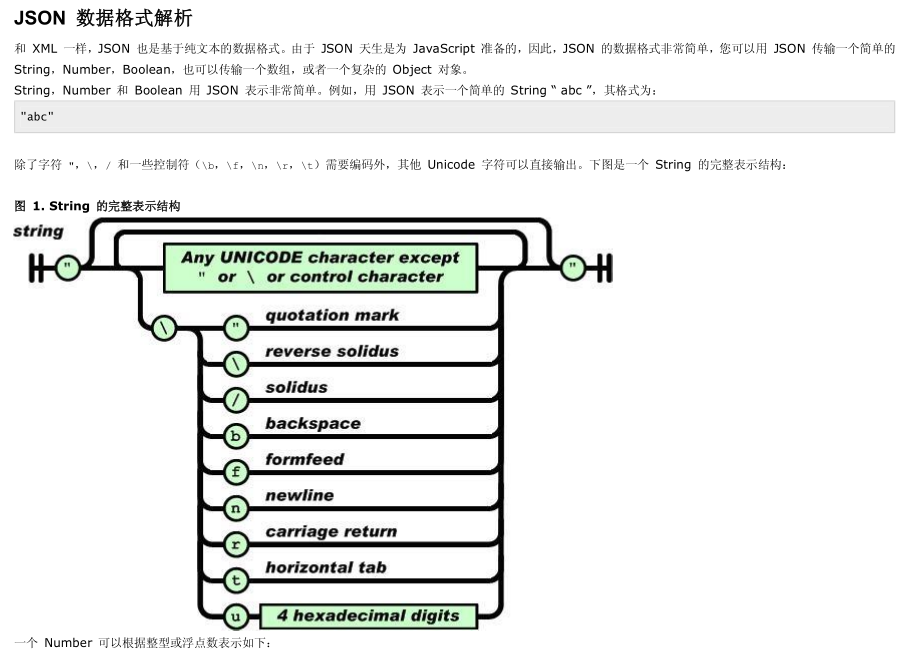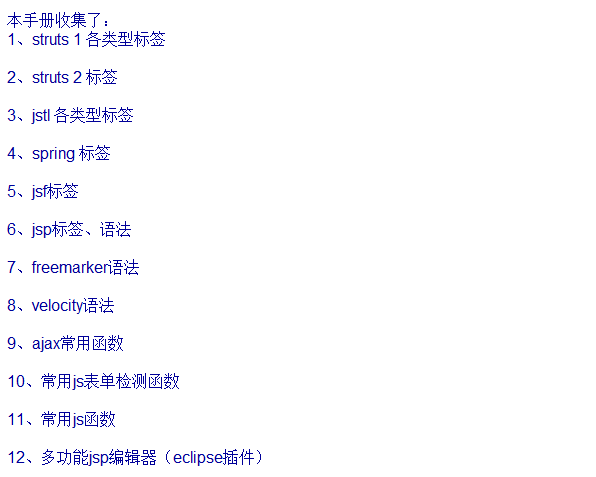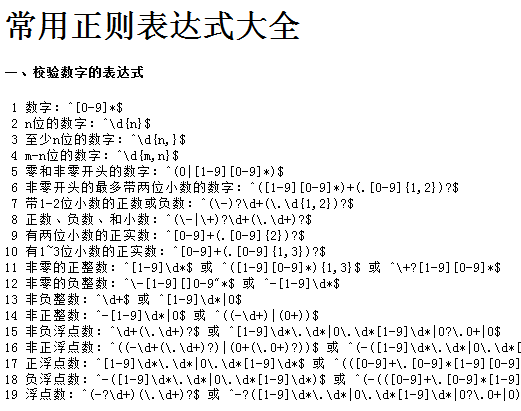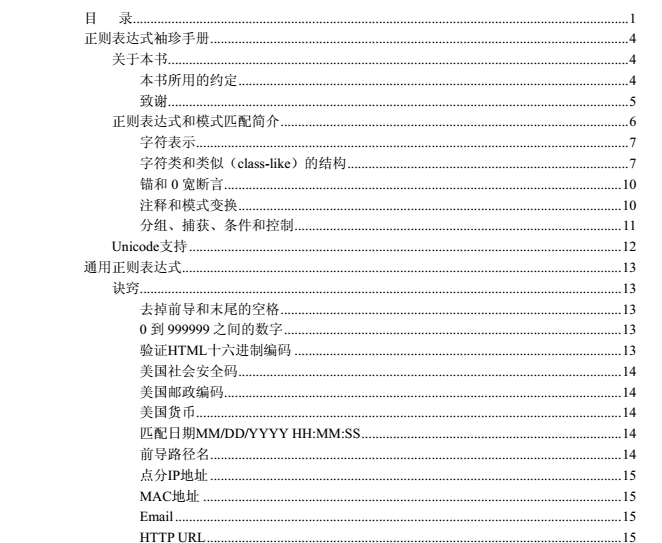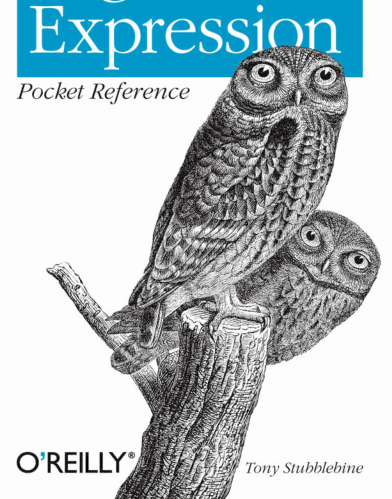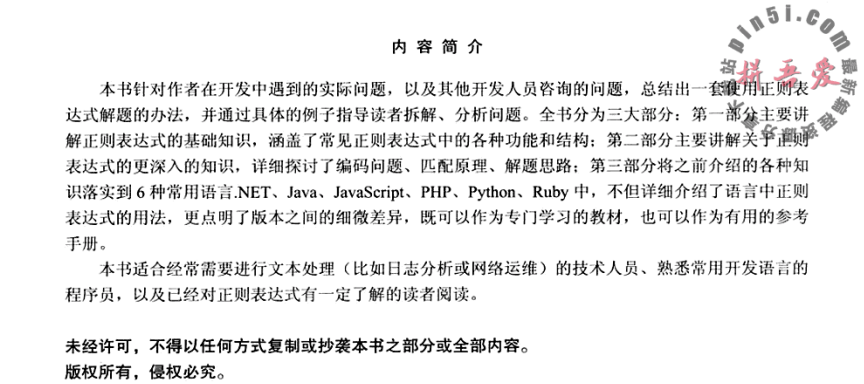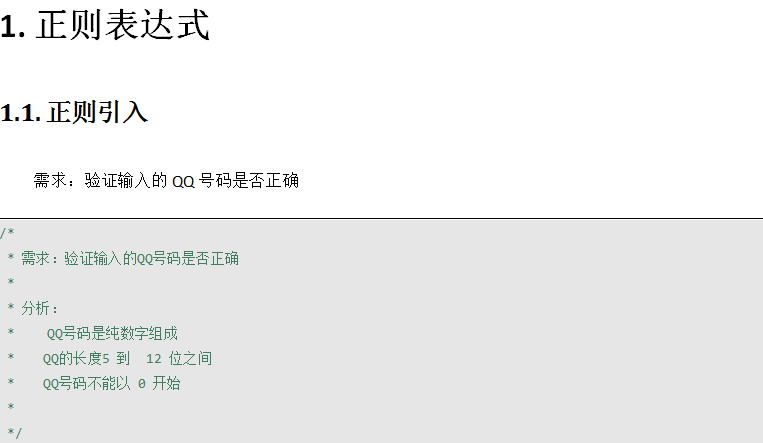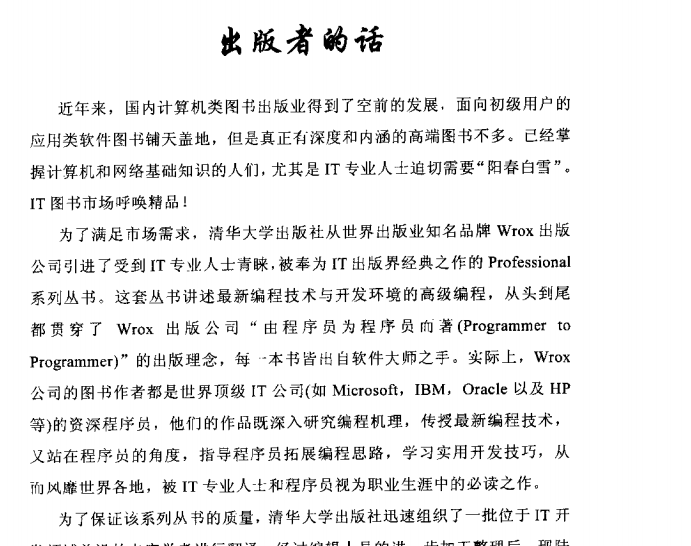Home > Download > Learning resources > Web page production

How to create our first PHP page? Very simple! Choose one of the best design tools we use, or you can just use Notepad. After creating it, remember to save it as a file with a PHP extension and then transfer it to our server. Before writing a PHP program, we usually need to configure our environment, which means that the server must support PHP.
Web page production28650702018-02-12
Joomla! is a world-renowned content management system. Joomla! is a software system developed using PHP language and MySQL database. The latest version is 3.8. It can be executed on various platforms such as Linux, Windows, MacOSX, etc. It is currently developed and supported by the open source organization Open Source Matters (see further reading). This organization has members from all over the world. There are about 150 team members, including developers, designers, system managers, and document writers. , and more than 20,000 participating members.
Web page production28615372018-02-12
Joomla! is a world-renowned content management system. Joomla! is a software system developed using PHP language and MySQL database. The latest version is 3.8. It can be executed on various platforms such as Linux, Windows, MacOSX, etc. It is currently developed and supported by the open source organization Open Source Matters (see further reading). This organization has members from all over the world. There are about 150 team members, including developers, designers, system managers, and document writers. , and more than 20,000 participating members.
Web page production28616662018-02-12
Joomla! is a world-renowned content management system. Joomla! is a software system developed using PHP language and MySQL database. The latest version is 3.8. It can be executed on various platforms such as Linux, Windows, MacOSX, etc. It is currently developed and supported by the open source organization Open Source Matters (see further reading). This organization has members from all over the world. There are about 150 team members, including developers, designers, system managers, and document writers. , and more than 20,000 participating members.
Web page production28614402018-02-12
Design patterns represent best practices and are commonly used by experienced object-oriented software developers. Design patterns are solutions to common problems faced by software developers during the software development process. These solutions are the result of trial and error by numerous software developers over a long period of time. <br /> A design pattern is a set of code design experiences that have been used repeatedly, are known to most people, and are classified and cataloged. The purpose of using design patterns is to reuse code, make the code easier to understand by others, and ensure code reliability. There is no doubt that design patterns are win-win for ourselves, others, and the system. Design patterns make code compilation truly engineering. Design patterns are the cornerstone of software engineering, just like the bricks and stones of a building. Reasonable use of design patterns in projects can perfectly solve many problems. Each pattern has corresponding principles in reality to correspond to it. Each pattern describes a problem that keeps recurring around us, and the solution to the problem. Core solution, which is why design patterns can be widely used<br />
Web page production28648832018-02-11
A multi-data source report means that multiple data sets can be defined in one report, and the required database tables can be retrieved respectively. The database tables can even come from different databases. This article uses several examples to illustrate how data from multiple datasets are related to each other to implement multi-source reporting.
Web page production28643592018-02-11
Hatena is one of the largest Web service providers in Japan. The services it provides include keywords (similar to Wikipedia), blogs, photo albums, etc. The content of this book mainly comes from the summer internship courses held by Hatena for students. The content covers a wide range of aspects, including performance optimization, distribution, algorithms, system architecture, etc., and even the economic cost of hardware. It is an operation and maintenance engineer. An indispensable reference book for us. The book includes several algorithm practice topics and introduces the implementation methods of compression algorithms, full-text search and other algorithms. It is a very good reference book for those who plan to start a business on the Web.
Web page production28646652018-02-11
The purpose of using design patterns: for code reusability, to make the code easier to understand by others, and to ensure code reliability. Design patterns make code writing truly engineering; design patterns are the cornerstone of software engineering, just like the structure of a building.
Web page production28647922018-02-11
The functions of the PHPeclipse plug-in include: PHP syntax analysis, debugging, code formatting, outline view, code template customization, etc. If you want to make some java and php web applications at the same time, you need to use Eclipse. You can install PHPeclipse and MyEclipse, so that Eclipse can develop ajax, php, and jsp programs at the same time. Install Apache, Tomcat and php, Mysql and Eclipse plug-ins (Eclipse + MyEclipse + Phpeclipse)
Web page production28643012018-02-11
JSON (JavaScript Object Notation, JS Object Notation) is a lightweight data exchange format. It is based on a subset of ECMAScript (the js specification developed by w3c) and uses a text format that is completely independent of programming languages to store and represent data. Simplicity and clear hierarchical structure make JSON an ideal data exchange language. It is easy for people to read and write, and it is also easy for machines to parse and generate, and effectively improves network transmission efficiency.
Web page production28646412018-02-11
<span style="font-family:Verdana, Geneva, Arial, Helvetica, sans-serif;font-size:13px;"> The <jsp:include> tag is used to insert the output content of another resource into the current JSP page Among the output content, this introduction method when the JSP page is executed is called dynamic introduction. </span><br /> Syntax:<br /> <jsp:include page="relativeURL | <%=expression%>" flush="true|false" /><br /> The page attribute is used to specify the relative path of the imported resource, which can also be obtained by executing an expression. <br /> The flush attribute specifies whether to flush the output content of the current JSP page to the client first when inserting the output content of other resources.
Web page production28648452018-02-11
Take group purchase management in promotion as an example<br /> 1. Setting menu<br /> Find the menu.inc.php file in tjb2c\admin\includes and add the following code:<br /> <br /> //Promotion<br /> 'cuxiao' => array(<br /> 'default' => 'children' => array(<br /> 'dazhe_manage' => array(<br /> 'text' => "Limited time discount",<br /> 'Url' = & gt; 'Index.php? APP = dazhe & Act = Add', <br /> ),<br /> 'groupbuy' => array(<br /> 'text' => Lang::get('groupbuy'),<br /> 'url' => 'index.php?app=groupbuy',<br /> ),<br /> <br /> ),<br /> ), <br />
Web page production28644722018-02-11
DuiEngine License<br /> <br /> The MIT License (MIT)<br /> Copyright (c) <year> <copyright holders><br /> <br /> Permission is hereby granted, free of charge, to any person obtaining a copy of this software and associated documentation files (the "Software"), to deal in the Software without restriction, including without limitation the rights to use, copy, modify, merge, publish, distribute, sublicense, and/or sell copies of the Software, and to permit persons to whom the Software is furnished to do so, subject to the following conditions:<br /> <br /> The above copyright notice and this permission notice shall be included in all copies or substantial portions of the Software.<br /> <br /> THE SOFTWARE IS PROVIDED "AS IS", WITHOUT WARRANTY OF ANY KIND, EXPRESS OR IMPLIED, INCLUDING BUT NOT LIMITED TO THE WARRANTIES OF MERCHANTABILITY, FITNESS FOR A PARTICULAR PURPOSE AND NONINFRINGEMENT. IN NO EVENT SHALL THE AUTHORS OR COPYRIGHT HOLDERS BE LIABLE FOR ANY CLAIM, DAMAGES OR OTHER LIABILITY, WHETHER IN AN ACTION OF CONTRACT, TORT OR OTHERWISE, ARISING FROM, OUT OF OR IN CONNECTION WITH THE SOFTWARE OR THE USE OR OTHER DEALINGS IN THE SOFTWARE.<br /> <br /> <br />
Web page production28646332018-02-11
<p> 1. Expression of check digits </p> <p> </p> <p> 1 Number: ^[0-9]*$<br /> 2 n-digit number: ^\d{n}$<br /> 3 A number of at least n digits: ^\d{n,}$<br /> 4 m-n digit number: ^\d{m,n}$<br /> 5 Numbers starting with zero and non-zero: ^(0|[1-9][0-9]*)$<br /> 6 Numbers starting with non-zero and with up to two decimal places: ^([1-9][0-9]*)+(.[0-9]{1,2})?$<br /> 7 Positive or negative numbers with 1-2 decimal places: ^(\-)?\d+(\.\d{1,2})?$<br /> 8 Positive numbers, negative numbers, and decimals: ^(\-|\+)?\d+(\.\d+)?$<br /> 9 Positive real numbers with two decimal places: ^[0-9]+(.[0-9]{2})?$<br /> 10 Positive real numbers with 1~3 decimal places: ^[0-9]+(.[0-9]{1,3})?$<br /> 11 Non-zero positive integer: ^[1-9]\d*$ or ^([1-9][0-9]*){1,3}$ or ^\+?[1-9][0 -9]*$<br /> 12 Non-zero negative integers: ^\-[1-9][]0-9"*$ or ^-[1-9]\d*$<br /> 13 Non-negative integers: ^\d+$ or ^[1-9]\d*|0$<br /> 14 Non-positive integers: ^-[1-9]\d*|0$ or ^((-\d+)|(0+))$<br /> 15 Non-negative floating point number: ^\d+(\.\d+)?$ or ^[1-9]\d*\.\d*|0\.\d*[1-9]\d*|0? \.0+|0$<br /> 16 Non-positive floating point number: ^((-\d+(\.\d+)?)|(0+(\.0+)?))$ or ^(-([1-9]\d*\.\ d*|0\.\d*[1-9]\d*))|0?\.0+|0$<br /> 17 Positive floating point number: ^[1-9]\d*\.\d*|0\.\d*[1-9]\d*$ or ^(([0-9]+\.[0- 9]*[1-9][0-9]*)|([0-9]*[1-9][0-9]*\.[0-9]+)|([0-9] *[1-9][0-9]*))$<br /> 18 Negative floating point number: ^-([1-9]\d*\.\d*|0\.\d*[1-9]\d*)$ or ^(-(([0-9]+ \.[0-9]*[1-9][0-9]*)|([0-9]*[1-9][0-9]*\.[0-9]+)|( [0-9]*[1-9][0-9]*)))$<br /> 19 Floating point number: ^(-?\d+)(\.\d+)?$ or ^-?([1-9]\d*\.\d*|0\.\d*[1-9]\ d*|0?\.0+|0)$ </p>
Web page production28753662018-02-08
This concise and easy-to-use reference puts a very powerful tool for manipulating text and data right at your fingertips. Composed of a mixture of symbols and text, regular expressions can be an outlet for creativity, for brilliant programming, and for the elegant solution. Regular Expression Pocket Reference offers an introduction to regular expressions, pattern matching, metacharacters, modes and constructs, and then provides separate sections for each of the language APIs, with complete regex listings including: <br /> Supported metacharacters for each language API <br /> Regular expression classes and interfaces for Ruby, Java, .NET, and C# <br /> Regular expression operators for Perl 5.8 <br /> Regular expression module objects and functions for Python <br /> Pattern-matching functions for PHP and the vi editor <br /> Pattern-matching methods and objects for JavaScript <br /> Unicode Support for each of the languages
Web page production28751762018-02-08
This concise and easy-to-use reference puts a very powerful tool for manipulating text and data right at your fingertips. Composed of a mixture of symbols and text, regular expressions can be an outlet for creativity, for brilliant programming, and for the elegant solution. Regular Expression Pocket Reference offers an introduction to regular expressions, pattern matching, metacharacters, modes and constructs, and then provides separate sections for each of the language APIs, with complete regex listings including: <br /> Supported metacharacters for each language API <br /> Regular expression classes and interfaces for Ruby, Java, .NET, and C# <br /> Regular expression operators for Perl 5.8 <br /> Regular expression module objects and functions for Python <br /> Pattern-matching functions for PHP and the vi editor <br /> Pattern-matching methods and objects for JavaScript <br /> Unicode Support for each of the languages
Web page production28752612018-02-08
"A Practical Guide to Regular Expressions" summarizes a set of methods for using regular expressions to solve problems based on the actual problems encountered by the author during development, as well as questions consulted by other developers, and guides readers through specific examples to dismantle, analyse problem. The book is divided into three parts: the first part mainly explains the basic knowledge of regular expressions, covering various functions and structures in common regular expressions; the second part mainly explains more in-depth knowledge about regular expressions, and discusses in detail Coding issues, matching principles, and problem-solving ideas; the third part implements the various knowledge introduced previously into 6 commonly used languages. net, java, javascript, php, python, and ruby. It not only introduces in detail the regular expressions in the language Usage also points out the subtle differences between versions. It can be used as a textbook for specialized study and as a useful reference manual.
Web page production28749482018-02-08
Regular expression concepts<br /> <br /> Regular expressions, also known as regular expressions and regular expressions (English: Regular Expression, often abbreviated as regex, regexp or RE in code), are a concept in computer science. Regular expressions use a single string to describe and match a series of strings that match a certain syntax rule. In many text editors, regular expressions are often used to retrieve and replace text that matches a certain pattern. <br /> <br /> In our daily work, we often write regular expressions. For example, in forms, we often use regular expressions to verify whether the format of user input is correct. We can think of regular expressions as a language that can describe problems. It is specially designed for pattern matching<br /> <div> <br /> </div>
Web page production28749522018-02-08
Regular expressions, also known as regular expressions, are a concept in computer science. Regular expressions are often used to retrieve and replace text that matches a certain pattern. Many programming languages support string manipulation using regular expressions. For example, Perl has a powerful regular expression engine built into it. The concept of regular expressions was originally popularized by tool software in Unix. Regular expressions are often abbreviated as "regex", the singular includes regexp, regex, and the plural includes regexps, regexes, and regexen.
Web page production28750722018-02-08
Chapter 1 How the system processes text<br /> Chapter 2 String and StringBuilder Class<br /> Chapter 3 String Conversion<br /> Chapter 4 Internationalization<br /> Chapter 5 Regular Expressions<br /> Chapter 6 Advanced Concepts of Regular Expressions<br /> Chapter 7 Regular Expression Patterns<br /> Appendix A String<br /> Appendix B StringBuilder<br /> Appendix C Regular Expression Syntax<br /> Appendix D Technical Support, Errata and Code Downloads
Web page production28773902018-02-08


